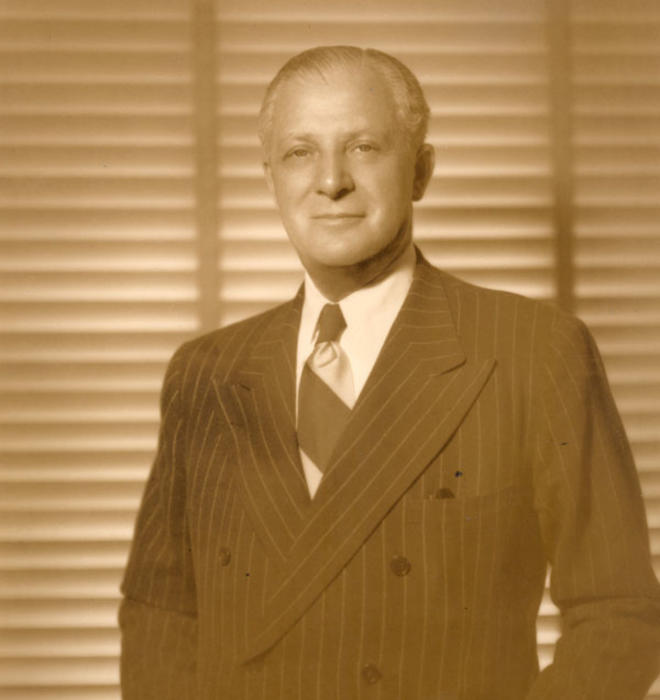
Family history: Visiting Poland held special meaning for PAW’s writer
Traveling to Krakow this summer with Princeton’s global seminar on Jewish life in Poland has special resonance for me because my grandfather, Norbert Jutschenka, was born in Krakow in 1890.
The seminar explores how Jewish life flourished in Poland before it was snuffed out by the Nazis. When Hitler rose to power in the 1930s, my grandfather was living in Berlin, running a thriving women’s clothing company and courting my grandmother, Lieselotte.
A few years ago, in a bookstore in Berlin, my mother stumbled on a book about German fashion that recounted what happened to him: “The Jewish Review reported the ‘Aryanization’ of the Jutschenka firm on September 30, 1938.” Bertram von Hobe, a Nazi party member, was to pay 23,548 reichsmarks for the company but, the book notes, “it is probable that Jutschenka never received the outstanding sum.” The book adopts Nazi lingo to describe the rest: “The Gestapo ... requisitioned the assets of the Jew Norbert Israel Jutschenka.”
The Nazis’ actions saved my grandfather’s life — he bought tickets on the next voyage of the SS Normandie for himself and Lieselotte, who was now pregnant with my mother, Gloria. He left two sisters behind in Berlin. No one knows what happened to them.
Settling on Long Island, New York, and using the name Norbert Jay, he restarted his dress business at 498 Seventh Avenue. Models showed the clothes on Saturdays, and my mother would stand on a chair and zip up their dresses. Afterward, he took her to Schrafft’s for butterscotch sundaes. When she was 14, he died of cancer.
In photographs, my grandfather is a towering figure dressed in impeccable suits. As I walk the cobblestone streets of Kazimierz, which was the heart of the Jewish community in Krakow, I picture him walking the same streets a century ago.
Jennifer Altmann is an associate editor at PAW.






No responses yet